Introduction
![]()

|
|
—
progress (noun)
—
Etymology:
from progressus (n. Latin), past-participle of progredi (v. Latin) – from pro [=forward] + gradi, from gradus (n. Latin) / ghredth (Proto-Indo-European) [=step, walk]
from progres (n. Old French ), progrès (n. Modern French)
—
Meaning:
action of:
— • moving forward; walking onward; stepping upwards; developing; growing
— • attempting to construct a happier future Mankind.
— • human society can be improved by a conscious collective effort
— • human society is becoming ever better by a spontaneous law of history
—
Synonyms:
—
—
History:
—
progress (verbe)
—
from progress (noun)
—
|
to: GLOSSARY
|
![]()
—
AN APPROACH TO THE IDEA OF PROGRESS
—
closely following the historic/philosophic study published, in 1920, by John Bagnell Bury:
—
THE IDEA OF PROGRESS;
AN INQUIRY INTO ITS ORIGINS AND GROWTH
|
|
—
|
—
|
|
—
Such a definition was given by John B. Bury in a classic study where he also stated that the idea of progress is:
- an ideological presupposition retrospectively – i.e.: historically – sustainable, but not positively demonstrable;
- a belief – a conviction, not a certainty – unknown to classical philosophy, ignored by Jewish and Christian theologies, and only very recently formulated and promoted by Western modern thinking.
| —
Since the end of the eighteenth century, within the (so-called) Western and Westernized world – regions of the globe that share the humanistic values and emancipating principles of Modernity – an optimistic belief in a continuous and unlimited human capacity to develop knowledge and improve society became widely accepted in everyday socio-cultural experience and in the political narratives shaped on it. — However, for this progressive perspective of existence to be commonly established, it has been necessary to counteract the very strong resistance of political and religious systems, traditionally installed, reciprocally sustained, and based on the Idea of Providence: the arrogant emancipating assumption of a human capacity to modify the world detached from transcendently founded powers was not easily admissible.
|
| to: IMAGES OF PROGRESS
|
—
![]()
—
—
[…] The recorded history of civilisation covers 6000 years or so, and if we take this as a measure of our conceptions of time-distances, we might assume that if we were sure of a period ten times as long ahead of us the idea of Progress would not lose its power of appeal. Sixty thousand years of historical time, when we survey the changes which have come to pass in six thousand, opens to the imagination a range vast enough to seem almost endless.
[John Bagnell Bury – 1920]
—
—
[…] In the Middle Ages thought and practice were cramped by the belief that man was a sinful creature born to trouble as the sparks fly upward, that the world would come to a close sometime, and that life on earth was not an end in itself but a kind of prelude to heaven or hell. It was not until commerce, invention, and natural science emancipated humanity from thralldom to the cycle and to the Christian epic that it became possible to think of an immense future for mortal mankind, of the conquest of the material world in human interest, of providing the conditions for a good life on this planet without reference to any possible hereafter. In due course, when conditions were ripe, the idea of progress arose in the Western world […]
[Charles Beard – 1931]
—
—
KEY HISTORICAL/CULTURAL STEPS PRIOR TO THE SETTING UP OF THE IDEA OF PROGRESS
—
QUARREL OF THE «ANCIENTS» AND THE «MODERNS»
—
«Ancients» and «Moderns», were the subject of a literary/artistic and scientific dispute that raged mainly in France and England in the second half of the 17th century. The “Ancients” maintained that the literature of ancient Greece and Rome offered the only models for literary excellence; the “Moderns” challenged the supremacy of Classical writers.
—
—
DEVELOPMENT OF SCIENTIFIC KNOWLEDGE
—
cccc ccccc ccccc
¯
PUBLICATION OF THE «ENCYCLOPÉDIE»
—
klklklklklkl
—
 |
| to: «ENCYCLOPÉDIE»
|
—
xxxxxx
—
—
INDEPENDENCE OF THE UNITED STATES OF AMERICA
—
xxxxxx
—
FRENCH REVOLUTION
—
xxxxxx
—
INDUSTRIAL REVOLUTION
—
xxxxxx
—
 |
—
—
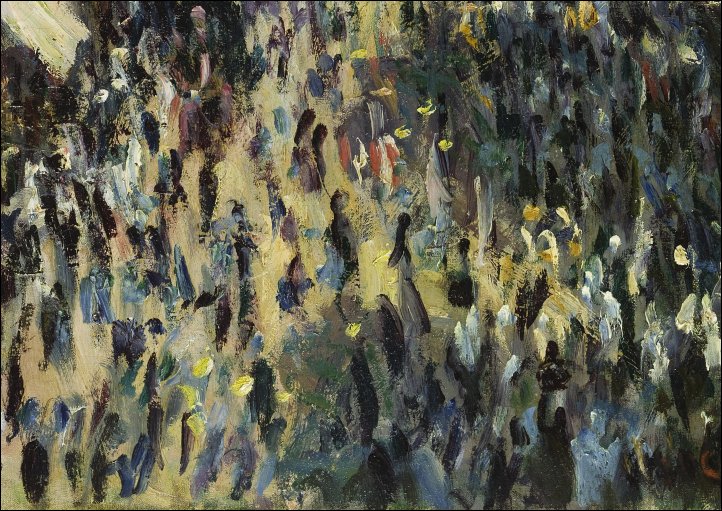
Claude Monet – detail from “Rue Montorgueuil – fête nationale pour la paix et le travail” (30/06/1878)
![]()
In a more objective concrete way,
- can one still believe our present/modern European (western-born) and globally dominant civilisation – the social amelioration, cultural enhancement, scientific development, and technological improvement it achieved – really moving in such a “desirable direction”?
—
- can one consider positively today’s tendency for its urban lifestyle – in both its material and immaterial aspects – to become, for the first time in Human History, the preponderant global human social-cultural pattern?
—
- can one ignore the actual main global negative issues – international instability, warfare capacity (weaponry) increase, social inequalities growth, financial unbalance, economic unsustainability (resource exhaustion due to extractivism), environmental damages (pollution, climate change, extinction of animal and vegetable species), &c.
—
![]()
 |
—
… so being, in quite a simplistic approach,
- shall one intend Man, today, collectively living an improving or a decaying process?
—
- shall one assume that Humanity is actually living in a time of progress or a time of regress?
—
- … … …?
|
— |

|
— |
![]()
These kinds of perplexities and questions can have optimistic or pessimistic approaches, normally sustained on narratives based on progressive or conservative political theories and social models; somehow like a glass half filled with a liquid being perceived as half full or half empty, depending on one’s different state of mind…
—
![]()
—
—
… “Progress then is a theory which involves a synthesis of the past and a prophecy of the future. It is based on an interpretation of history which regards men as slowly advancing – pedetemtim progredientes – in a definite and desirable direction, and infers that this progress will continue indefinitely”.
[John Bagnell Bury – 1920]
—
However, such a narrative only became viable after a modern (scientific) historical interpretation of the remains of our pre-historic ancestors and their settings, a process mainly developed after the XVIII century, supported by the discoveries and studies made since then by the (new or renewed) sciences of Astronomy, Geography, Geology, Paleontology, Archeology, &c.—
—
—
—
—
Despite the more or less favourable, even globally unfavorable, opinion one may have about the present situation of our World and Civilisation – World/s and Civilisation/s – we should not throughout the Idea of Progress, as a whole, involving all its components and aspects.
—
—
We must not through away the baby with the bath water.![]()


—
Persuadé depuis longtemps que l’espèce humaine est indéfiniment perfectible […] je regardais le soin de hâter ses progrès comme une des plus douces occupations.
—
Marie-Jean-Antoine-Nicolas de Caritat, marquis de Condorcet (1743-1794)
—
—

—
QUERELLE DES ANCIENS ET DES MODERNES
[QUARREL OF THE ANCIENTS AND THE MODERNS]
![]()
MODERNITY
HUMANISM & ENLIGHTENMENT
![]()
nmnmnmnmnm![]()
—
![]()
![]()
![]()
SCHOLASTICISM
Before those modern times, in our European societies heavily marked by Judeo-Christian religion, only the dogmatic biblical description of creation (Genesis, Γένεσις) would be accepted.
![]()
—
![]()
![]()
Other cultural/religious traditions will have different mythical narratives to describe – in order to explain – the appearance of the Universe (stars, planets…) and plants and animals of Man on Earth.
![]()
![]()
A seminal book in my early 20’s
![]()
In 1972, when I was studying in Lisbon’s School of Architecture, a brief mention on some book I’ve read then called my attention to John Bagnell Bury‘s historical study published in 1920: THE IDEA OF PROGRESS; AN INQUIRY INTO ITS ORIGINS AND GROWTH:
![]()
![]()
—
Enough has been said to show that the Progress of humanity belongs to the same order of ideas as Providence or personal immortality. It is true or it is false, and like them it cannot be proved either true or false. Belief in it is an act of faith.
The idea of human Progress then is a theory which involves a synthesis of the past and a prophecy of the future. It is based on an interpretation of history which regards men as slowly advancing – pedetemtim progredientes – in a definite and desirable direction, and infers that this progress will continue indefinitely. And it implies that, asthe issue of the earth’s great business,
a condition of general happiness will ultimate be enjoyed, which will justify the whole process of civilisation; for otherwise the direction would not be desirable. There is also a further implication. The process must be the necessary outcome of the physical and social nature of man; it must not be at the mercy of any external will; otherwise there would be no guarantee of its continuance and its issue, and the idea of Progress would lapse into the idea of Providence.” …
[J. B. Bury – 1920]
![]()
—
… if we accept the reasonings on which the dogma of Progress is based, must we not carry them to their full conclusion? In escaping from the illusion of finality, is it legitimate to exempt that dogma itself? Must not it, too, submit to its own negation of finality? Will not that process of change, for which Progress is the optimistic name, compel “Progress” too to fall from the commanding position in which it is now, with apparent security, enthroned? ’Έσσεται ήμαρ όταν … A day will come, in the revolution of centuries, when a new idea will usurp its place as the directing idea of humanity. Another star, unnoticed now or invisible, will climb up the intellectual heaven, and human emotions will react to its influence, human plans respond to its guidance. It will be the criterion by which Progress and all other ideas will be judged. And it too will have its successor.
In other words, does not Progress itself suggest that its value as a doctrine is only relative, corresponding to a certain not very advanced stage of civilisation; just as Providence, in its day, was an idea of relative value, corresponding to a stage somewhat less advanced? Or will it be said that this argument is merely a disconcerting trick of dialectic played under cover of the darkness in which the issue of the future is safely hidden by Horace’s prudent god?[J. B. Bury – 1920]
![]()
 |
![]()
—
“Progress, perhaps the fundamental secular belief of modern Western society, has come under heavy fire recently because, after three centuries, advances in science and technology seem increasingly to bring problems in their wake: alienation, environmental degradation, the threat of nuclear destruction. The idea of progress is brought into question by postmodern critique, attacking the notion of science as truth. Yet no other meaningful organization of humankind’s sense of time looms on the horizon.”
[Leo Marx & Bruce Mazlish – “Progress: Fact or Illusion”, Ann Arbor, 1996]
In the turbulent period between 1870 and 1930, the contours of modernity were taking shape, especially the connections between technology, politics and aesthetics. The trilogy “The Nihilist Order” traces the genealogy of the nihilist-totalitarian syndrome. Until now, nihilism and totalitarianism were considered opposites: one an orderless state of affairs, the other a strict regimented order. On closer scrutiny, however, a surprising affinity can be found between these two concepts that dominated the history of the first half of the twentieth century. Starting with Nietzsche’s philosophy, this book traces the development of an intellectual school characterised by the paradoxical dual purpose of a wish to destroy, coupled with a strong desire to create imposing structures. This explosive combination of nihilist leanings together with a craving for totalitarianism was an ideal of philosophers, cultural critics, political theorists, engineers, architects and aesthetes long before it materialised in flesh and blood, not only in technology, but also in fascism, Nazism, bolshevism and radical European political movements. Friedrich Nietzsche, Georges Sorel, the Italian Futurists, led by Filippo Tommaso Marinetti, and Ernst Junger were all well-known intellectual and cultural figures. Here they are seen and understood in a different light, as creators of a modern political mythology that became a source of inspiration for belligerent ideological camps. Among the ideas propagated by this school, and later adopted by totalitarian regimes, were historical nihilism, a revolt against the rationalistic and universalistic pretensions of the Enlightenment, an affirmation of the dynamism of modern life, and the replacement of the traditional Judeo-Christian values of good and evil by other dualities such as authenticity and decadence. Concurrently there took place affirmation of the technological era, the creation of a ‘new man’ and a violent order, and the birth of a new political style in place of traditional world-views. When channeled into the political sphere, these aesthetic nihilist ideas paved the way for the rise of totalitarianism.
David OHANA
nmnmnmnmnmnm
![]()
In their practice, architects and engineers have to evaluate (to measure, to represent, to model, to analyse, &c.), in quite some detail, each piece of land where they intend to intervein, in order to simulate different possible solutions and finally to draw a plan, calculate each and every constitutive element involved and determine its costs before building there any specific construction.
—
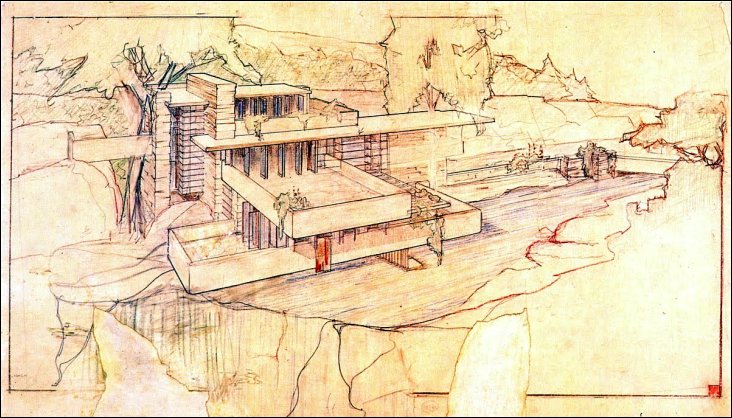 |
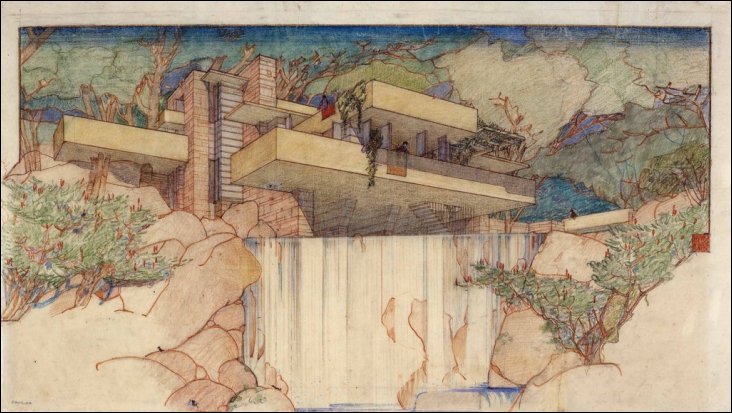 |
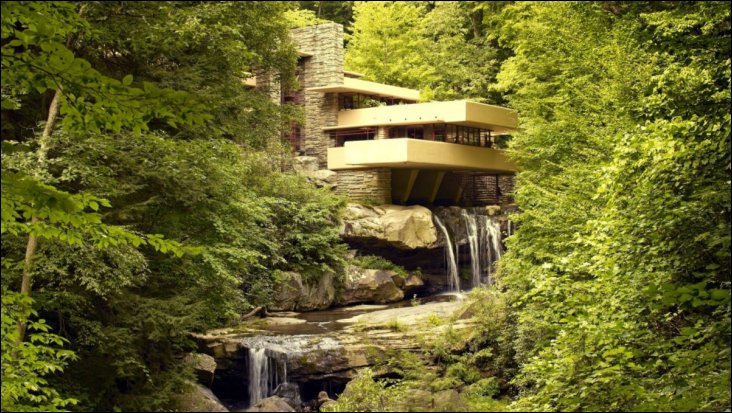 |
I believe it is quite comprehensible that nobody should start a building process without a (more or less detailed) project establishing the main objectives to achieve, setting up a previous design of its desired (and possible) dimensions and form, and dressing the best working solutions for the ensemble of problems locally detected.
people should constantly evaluate their past and present situation in order to idealise what they aim (dream) to do with their individual and collective lives, in the short, medium and long-term.
Quite similar to the practice of an architect or an engineer evaluating (measuring and analysing) a concrete piece of land and projecting an intervention plan before building a specific house in that field – establishing the main objectives to achieve through the desired construction, setting up a previous design of the possible answers to and dressing solutions to the ensemble of problems detected –, people should constantly evaluate their past and present situation in order to idealise what they aim (dream) to do with their individual and collective lives, in the short, medium and long-term.
|
— |
 |
— |
—


—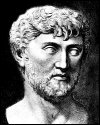
We cannot conceive of matter being formed of nothing, since things require a seed to start from.
—
Lucretius [Titus Lucretius Carus] (~99BC-~55BC)
—











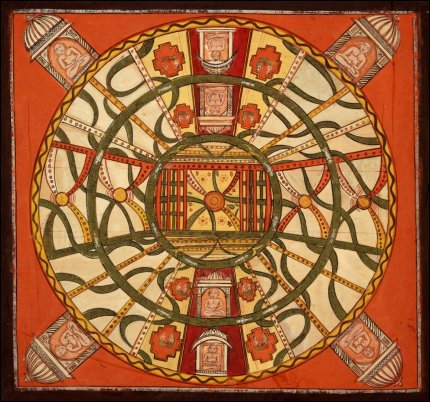
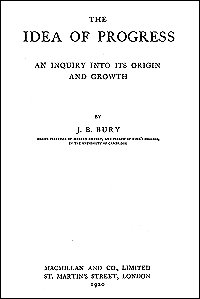
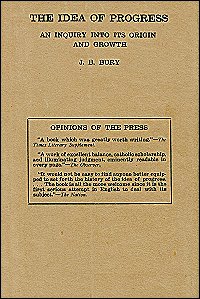
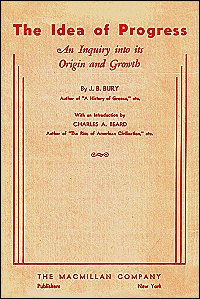



Leave a Reply